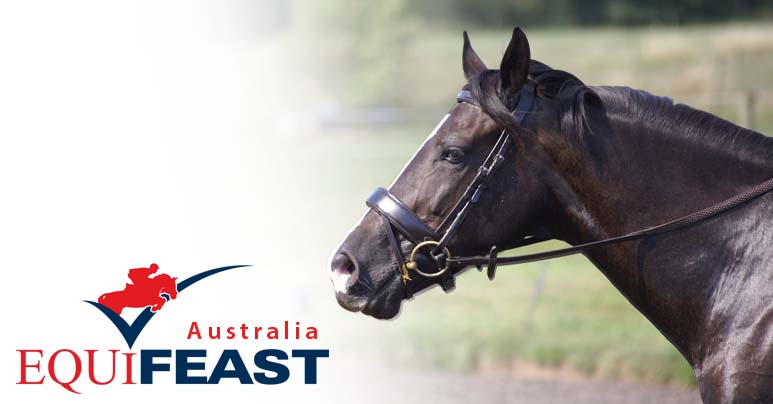

We would all love to think that everything we feed to our horses has been researched in great detail. Sadly this is not even remotely true. Most of the effort by feed companies still revolves around unlocking the mysteries of starch, fats, protein and other forms of energy while research into vitamins and minerals is really sparse.
Despite that, both feed and supplement firms utilise both traditional and, increasingly, modern chelated minerals in their products with little or no evidence about either their efficacy or their safety. EquiFeast, a small but dynamic company, is trying to correct this in particular with respect to magnesium (Mg) and chelated calcium (CC).
Research director Malcolm Green says that “Back in 2008 we observed that chelated calcium seemed to have some very positive impacts on the behaviour of many difficult horses. This is the sort of calcium that vets have been using for decades and we all assumed that calcium gluconate was just a great source of calcium. But our trial horses lived on very high calcium soils and couldn’t possibly have been calcium deficient.”
Eight years later it is clear that chelated calcium doesn’t function as a source of calcium (often CC supplemented horses experience drops in blood ionised calcium levels). But it has always been recognised as a normal part of the biochemical mix in the blood of all animals. So the team at EquiFeast believe it has important functions to play in cells all over the body. Unfortunately, while calcium ions have been extensively studied organically complexed calcium (chelates) have not.
EquiFeast has carried out trials (often including before and after blood tests) on the impact of CC on horses with:
• Behavioural issues (UK and Australia)
• Big Head – better thought of as oxalate poisoning (Australia)
• Kissing Spine looking at the impact of CC on ligament, tendon, muscle and bone function (UK)
• Competition performance (dressage, show jumping and eventing with strong anecdotal evidence from endurance) (UK)
• Racing – with particular interest in stamina, physiological recovery rates and stride length (Australia
• Laminitis (UK)
• Cushing’s disease
• PSSM/RER/MIM
There is a huge overlap between all of these conditions. For example all the horses in the Big Head study showed difficult behaviour and mobility issues. Whilst the primary cause is clear in those horses oxalates are not present in the diets on many competition or race horses yet difficult behaviour, short striding and even bone issues are common.
The common denominator in all of these conditions (and many more with anecdotal benefits from more CC in the diet) is that the cells are activated by calcium signalling. The working hypothesis is that failures in calcium signalling lead to malfunctions all over the animal.
A spin off from the firm’s attempts to understand calcium signalling is the realisation that excess magnesium impairs calcium signalling. Not only is that pretty clear from the EquiFeast research but it is actually supported by the nutritional science (as far back as 1972 and 1973), the neuroscience (that has moved ahead in leaps and bounds in the past 20 years) and the biochemistry. Most recently an Australian PhD student, Jess Dodd, made a strong link between the effect of surprisingly small additions of magnesium and the effect of a veterinary sedative. And anecdotally (thousands of anecdotes documented on our customer feedback database) point to a link between that form of brain impairment and increased anxiety, reduced concentration and greater tendency to be spooky and nervous. It is possible that horses’ decision making and judgement may be impaired too. The welfare and safety implications of these conclusions are profound.
There are far more potential studies than there are resources to enable them to happen. But EquiFeast is making a valiant contribution to improving our knowledge and to debunking many of the myths that have led to the huge amount of unnatural magnesium added to feeds and supplements when magnesium deficiency is almost impossible in modern horse diets.
